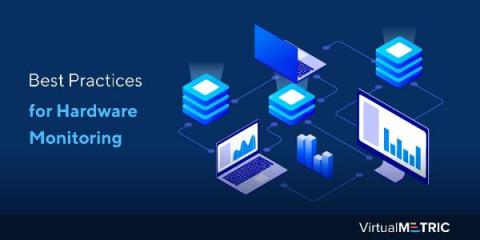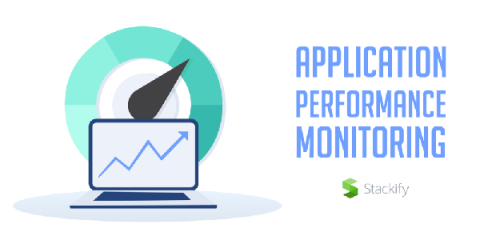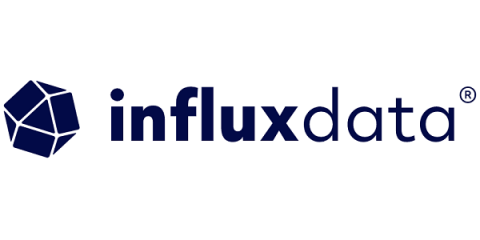Best Practices for Hardware Monitoring
The biggest challenge in this regard is that a lot of the infrastructure comes from different manufacturers. While these manufacturers provide solid solutions for monitoring their hardware, it can be very difficult to oversee the monitoring of all hardware. A hardware monitoring software with an integrated console can monitor all the hardware in the server ecosystem. Hardware monitoring should be an integral part of managing a server and infrastructure.











